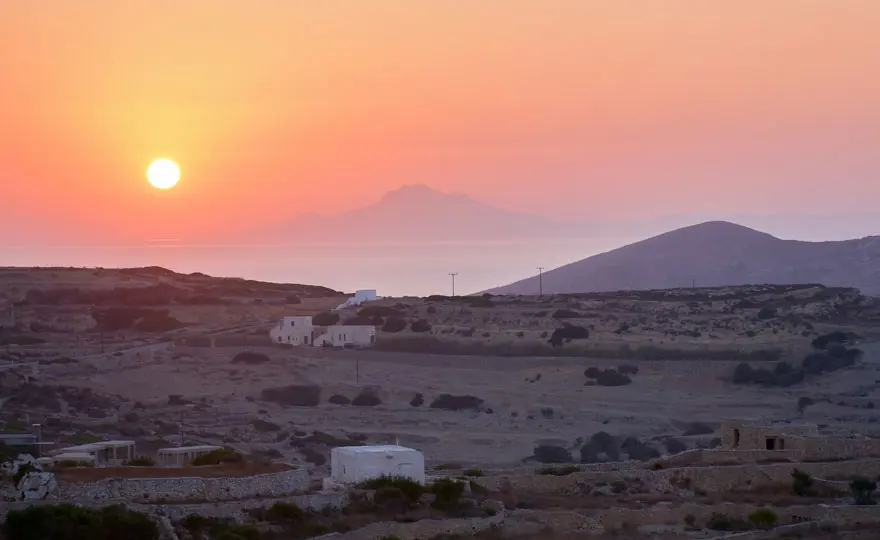
Sebastian Bechtel
25th November 2019


On 13 September 2019, the Greek Council of State (highest administrative court) rendered judgement in a case brought by ClientEarth and WWF Greece, with the support of Greenpeace, against the renewal of the permit of coal-fired power plants Megalapoli A and B. On the merits, the challenge was successful; the environmental renewal decisions of the Megalopolis A and Megalopolis B were cancelled on the grounds that the permit they sought to renew had previously expired (and so could not be renewed). Operation of the two units was temporarily suspended (although new permits have been issued which may allow them to recommence operations) and a new environmental impact assessment procedure was launched. Most significantly, the coal plants may be taken off the grid permanently in the near future because of Greece’s 2028 coal phase out plans. However, the Council of State rejected ClientEarth’s standing in the case, ruling only on the application of WWF Greece. In doing so, the Council of State has established a new test that needs to be fulfilled by foreign NGOs that do not have their centre of activities in Greece. While the test appears reasonable on paper, it does raise questions as to how it can / will be applied in practice.
The Council of State first confirmed that under Greek law (Art. 17 P.D. 18/1989) an applicant organization needs to demonstrate a link to the disputed act based on the location of the activity and the extent of its impact. However, the Council of State then acknowledged that legal standing must be assessed broadly in the case of projects located close to the border or whose impacts exceed the area or country in which they take place, as long as the project can cause direct and concrete adverse impacts beyond the national territory. The Council of State also accepted that the coal-fired power stations were, in theory, projects of this nature.
Nonetheless, the Council of State held that ClientEarth was not to be accorded standing in the specific case because it failed to substantiate a sufficient link to the content of the disputed act. It held that (a) ClientEarth’s statutory objective to work beyond geographical limits was in itself insufficient, (b) that it had not claimed a geographical link with the region or with the country of origin (Greece) and (c) that the evidence filed as to the transboundary effects of the activity (such as the Europe’s Dark Cloud report) did not sufficiently demonstrate that the power plants were likely to cause direct and concrete adverse impacts of transboundary nature and interest.
In principle, the Council of State appears to have taken the obligation to grant standing to foreign claimants very seriously. The judgement refers to the relevant provisions of EU law (Art 1 and 11 of the EIA Directive, Art. 25(2) of the Industrial Emissions Directive, Art. 47 of the Charter) and the Aarhus Convention (Arts. 2(5), 3(9) and 9(2)) and appears to have taken the extensive argumentation on these provisions presented by the applicants into account. It accordingly has modified the regular standing test under Greek law acknowledging, in principle, the need to give foreign applicants the possibility to show a direct and concrete interest based on transboundary impact, apparently departing from earlier case law which required an organization to demonstrate prior activity in the area where an activity was carried out.
The Council of State’s conclusion that ClientEarth nonetheless did not have standing is therefore even more surprising. In particular, the court’s very limited engagement with the submitted evidence (point c) is concerning. For instance, the Europe’s Dark Cloud report mentioned by the court clearly demonstrates the long-range transboundary air pollution caused by coal-fired power plants and estimates resulting premature deaths in neighbouring countries. Given the now well-established and concrete climate impacts of coal-fired power plants, this finding is all the more problematic. Moreover, ClientEarth is active in the region, including in Bulgaria and other nearby states, which appears to contradict the Council of State’s finding (point b).
The fact that the judgement is the first to apply a new test combined with the limited reasoning published by the court makes it difficult to assess whether the outcome was the result of a case-specific issue of providing insufficient evidence or whether the court is setting up a test that will in reality never or almost never be fulfilled by an applicant. The answer to this question will show whether the judgement is a step forward or backwards in upholding transboundary rights.
Access to Justice is a fundamental means through which citizens and NGOs can support the implementation and enforcement of laws and policies to protect the environment. The goal of this ATOJ-EARL project is to achieve “Access to Justice for a Greener Europe”. It strives to enhance access to justice in environmental matters by providing information, training and support for the judiciary, public authorities and lawyers of eight European member states. ClientEarth and Justice and Environment are implementing this project with the financial support of the European Commission’s LIFE instrument.
